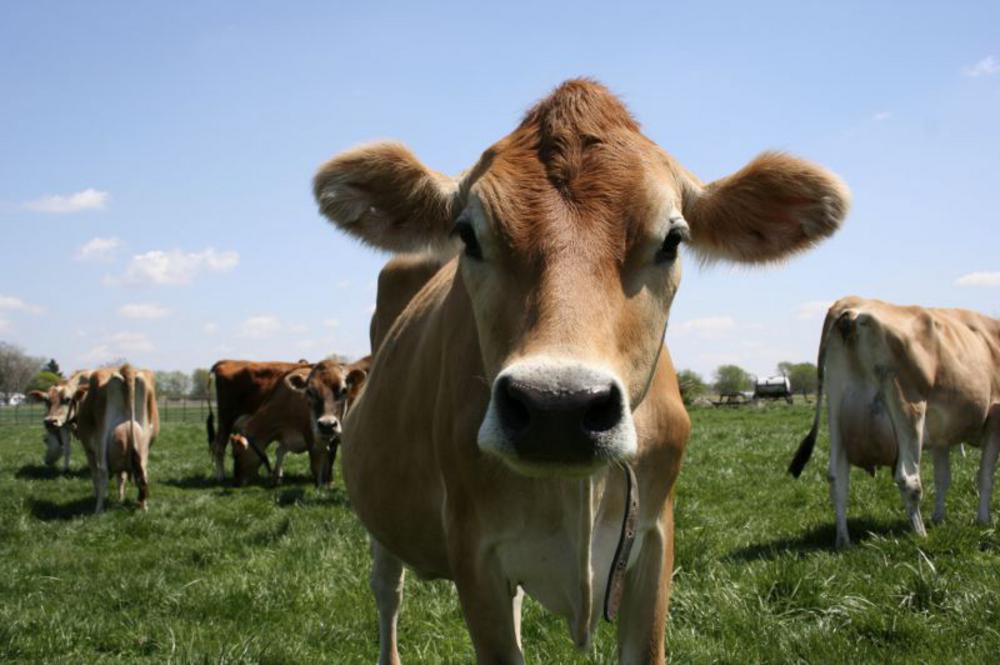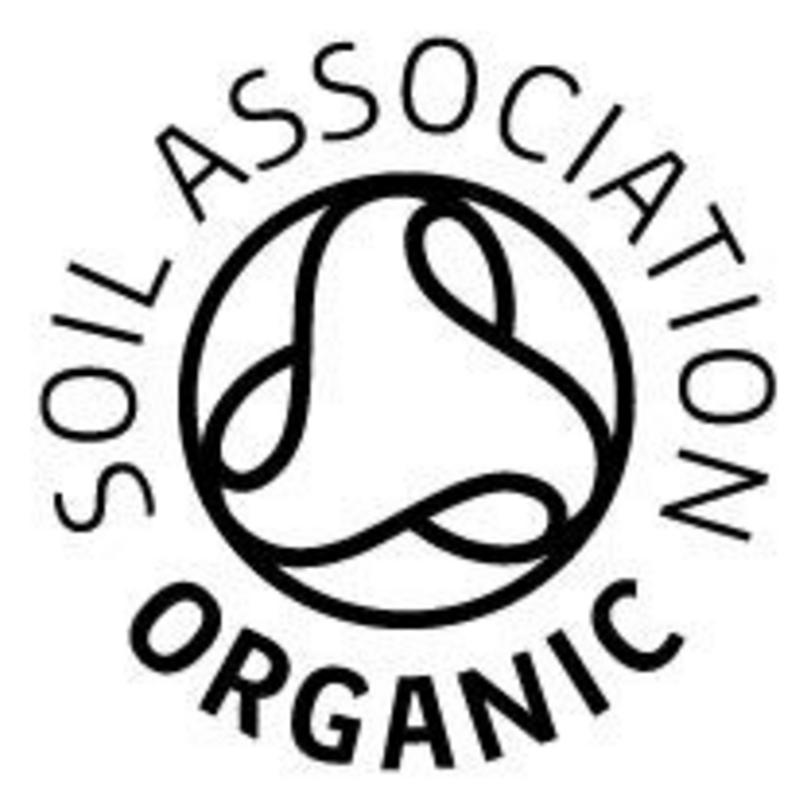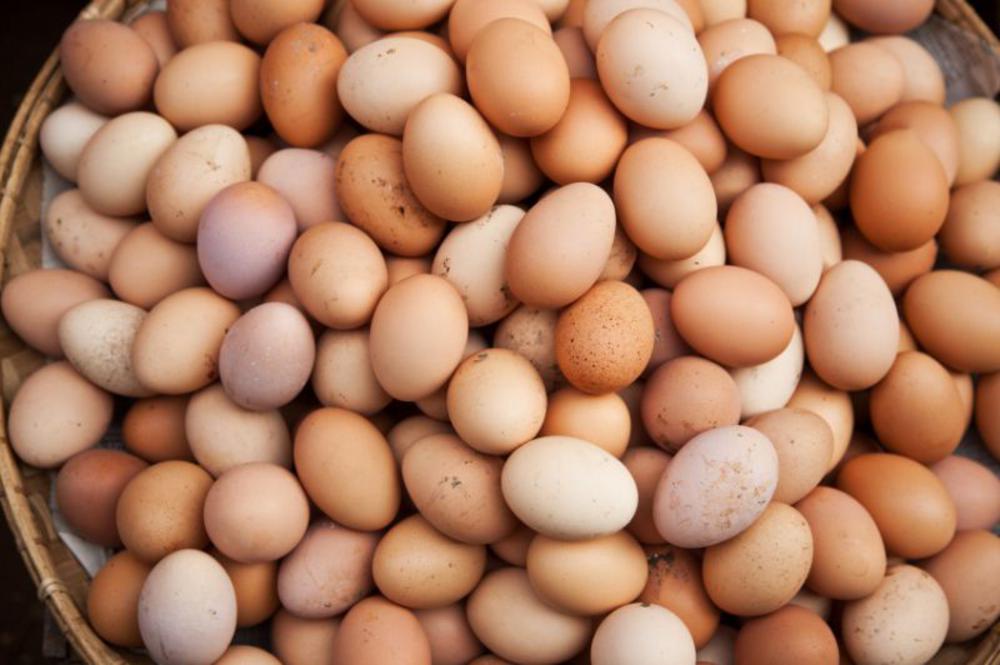
Here at Real Foods we are firmly anti-GM, so it is with concern that we hear from our friends at the Soil Association that Marks & Spencer, Sainsbury’s and Co-op have lifted bans on giving GM feed to farm animals.
These chains were amongst the last holding out against GM animal feed.
This means that the vast majority of meat, milk and eggs sold by Britain’s supermarkets is likely to come from animals raised on ‘Frankenstein fodder' - imported, as GM production is not allowed in the UK.
The Soil Association (even older than us)
The Soil Association was founded in 1946. It began as a group of farmers, scientists and nutritionists who were concerned about the health, environmental and animal welfare implications of increasingly intensive agriculture after World War II.
Today it is the UK's leading organic organisation.
The charity campaigns against genetic modification of human and animal foods because it believes GM is making farming more risky, less fair, and no more sustainable.
Instead, the Soil Association supports practical innovation that addresses real needs, is genuinely sustainable and puts farmers in control of their livelihoods.

Land of the bio-tech giants
Many farmers find themselves locked into deals with the powerful companies who produce GM seed and chemicals, and the Soil Association says they have been sold on false promises. The costly products only serve to make weeds and pests more resistant.
Just three corporations - Monsanto, Syngenta and Bayer - are responsible for virtually all of the world's commercial GM crops, and these bio-tech giants seem to be the main beneficiaries in the process by far.
GM - General Misgivings
Despite assurances that GM feed has not yet been found to affect the end product or our own bodies, it is not unreasonable to have concerns about the safety of GM crops, and their use remains controversial.
In the UK, the majority of the public is said to be concerned about the use of genetic modification. Elsewhere in Europe, supermarkets are avoiding GM-fed animal products because shoppers don't want them.
A slippery slope
Real Foods, like others in the organic movement, sees this latest development as something of a slippery slope in terms of the determined march of GM into our boiled egg and soldiers, and the supermarkets' apparent lack of will to stop this.

No label
The most alarming element of the lifting of this ban is that products will not need to be labelled by the supermarkets as coming from GM-fed animals.
Critics are calling this a 'disaster for consumer choice', with shoppers not knowing what is at the end of their food chain.
New figures confirm, around 70 per cent of UK consumers don't trust supermarkets when it comes to GM and want meat, eggs and dairy labelled if they come from animals fed on it.
Sorting GM fact from GM fiction
According to the Soil Association, there is more than enough GM-free animal feed to meet demand. The myth of shortage is thought to originate from the companies selling the GM seed. Unfortunately, the major supermarket chains seem to believe it.
But Soil Association figures show up to 25 per cent of Brazilian soybean production in the 2012-2013 crop is GM-free - enough to supply all of Europe.
China and India's soybean production is 100 per cent non-GM.
Lots of GM-free to choose from at Real Foods
Genetic modification at any stage of the food chain is banned under organic standards, so choosing organic is an effective way to avoid GM in your diet.
Real Foods has been selling organic produce for 50 years and this remains our focus.
Here, you can choose from a wide range of organic eggs and milk produced on Scottish farms, from the Borders' Over Langshaw to Kylerona in the Highlands.
Our supply chain is deliberately short and simple, so we know the farmers (and even some of the cows and chickens) by name, and could tell you what they all had for breakfast.
So we know it was all GM free, and so do you.
